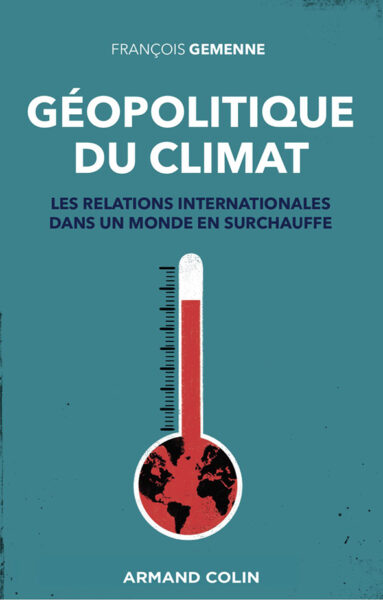The era of cheap oil seems to be coming to an end and the exhaustion of fossil resources forms part of possible – if not, indeed, probable – scenarios over the next half century, as was shown by the special issue of Futuribles on “Energy Prospects and the Greenhouse Effect” of January 2006. If we add to this the need to reduce CO2 emissions in a context of global warming, it is high time, in the developed countries, to reflect on the possible alternatives to fossil fuels. In France, a team from EDF-R&D has considered this question seriously and constructed a scenario in which buildings (in the residential and tertiary sectors) will be operating without fossil fuels by the year 2050. They present their scenario here, together with the hypotheses on which it is based (and the reasons for selecting them) and the strategy required to arrive at such a point.
After reviewing the current situation of buildings in France in energy terms, the authors lay out in detail their recommendations for improving insulation, energy efficiency and the use of renewable energies in new building and renovation. They show that, by implementing the measures they advocate, France could do without recourse to fossil fuels in building without significantly increasing the demand for electricity while, moreover, reducing its CO2 emissions by 90 million tonnes per annum. Lastly, they insist that such a change could be credibly achieved by 2050: the building sector could technically do without fossil fuels thanks to energy savings, the use of a little extra electricity and biomass, and appropriate financial instruments (to incite households to invest more in this area).
Building Without Fossil Fuels? Will Buildings Be Able to Do Without Fossil Fuels in France by the year 2050?
Cet article fait partie de la revue Futuribles n° 343, juil.-août 2008



